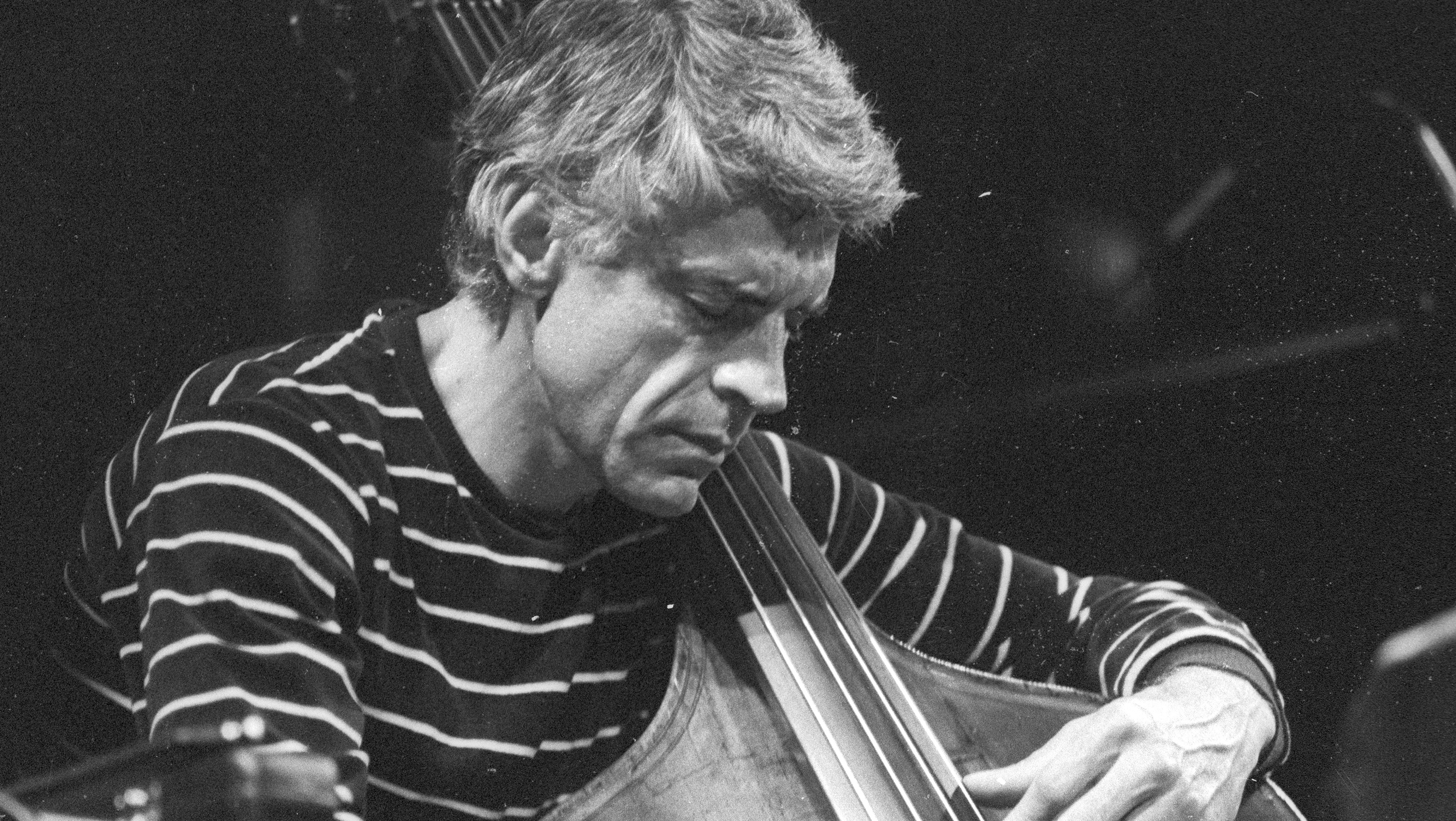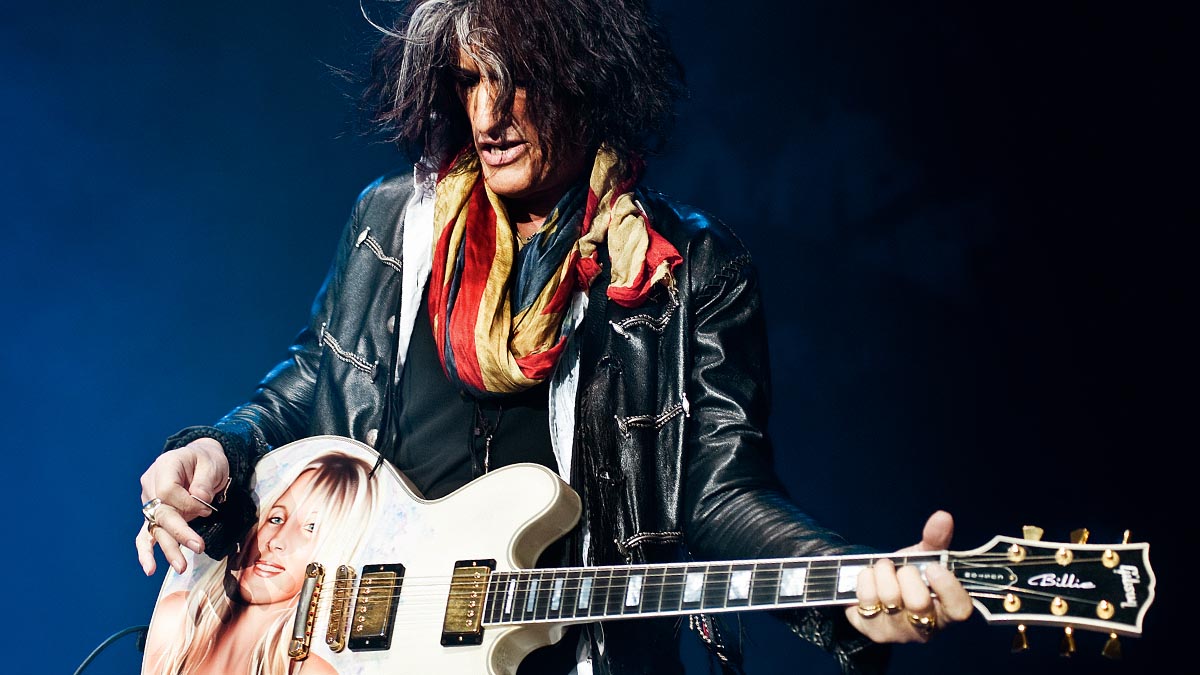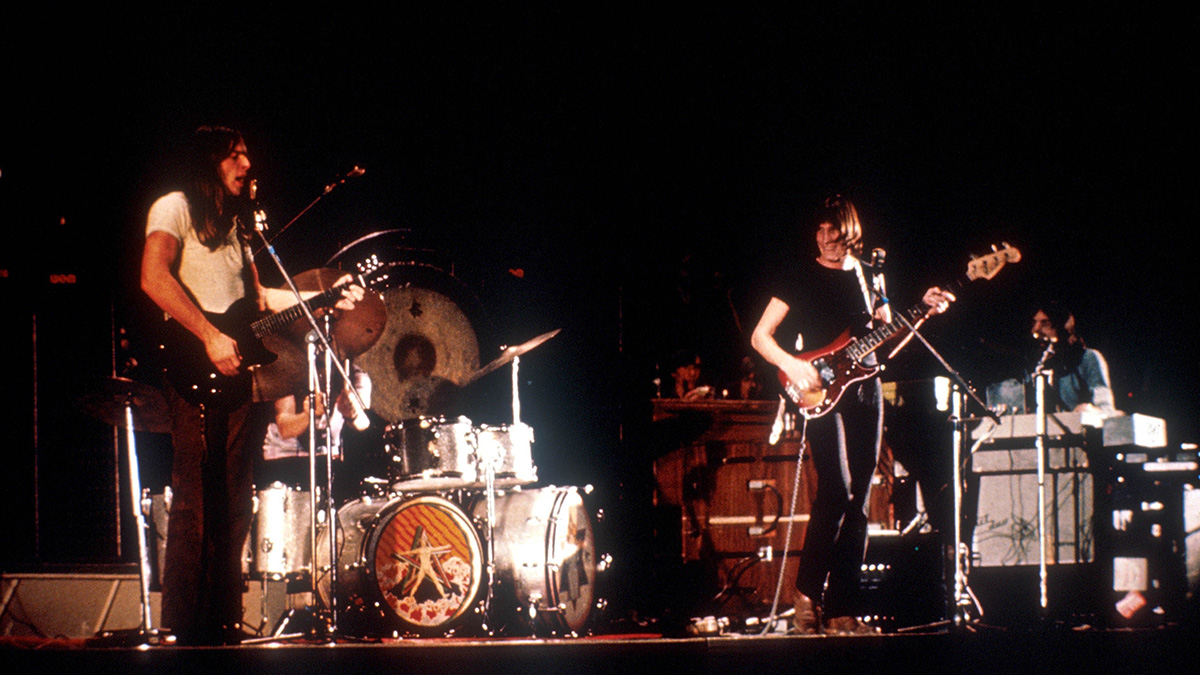Legendary jazz bassist Gary Peacock dies aged 85
The double bassist played with Bill Evans, Albert Ayler, Keith Jarrett, Miles Davis and many others

Gary Peacock, the legendary jazz bass player who performed on recordings alongside Albert Ayler, Bill Evans, Keith Jarrett, Tony Williams and many others, has died at the age of 85.
Peacock’s family confirmed in a statement to NPR that he died peacefully on September 4 at his upstate New York home. No cause of death has been revealed.
Peacock was born in Burley, Idaho on May 12, 1935, and grew up in Yakima, Washington. By high school he was playing trumpet, piano and drums, and after graduation attended the Westlake College of Music in Los Angeles before being drafted into the Army. While stationed in Germany he played drums in a jazz trio, but was convinced to switch over to bass after the group’s bassist left.
“There weren’t any bass players,” Peacock recalled in an interview with Westword. “So I said, ‘Okay.’ The instrument felt natural. It just turned out to be a recognition, like, ‘Oh, this is it. This is good.’ ”
From there, he told Arts Fuse, “I seemed to progress pretty rapidly in a very short time. And since I was stationed in Germany and there weren’t any bass players anywhere, it allowed me to be available to play sessions with different people in Frankfurt and the surrounding areas.”
Peacock continued to play around Germany after being discharged, and then moved to LA, eventually playing with jazz figureheads like Barney Kessel, Art Pepper and Bud Shank, before relocating to New York in the ’60s.
Over the course of the decade he had a long partnership with Canadian free jazz pianist Paul Bley, with whom he would go on to record nine albums. He also briefly joined Miles Davis’s quintet and played on albums including Bill Evans’ Trio 64, Albert Aylers’ Spiritual Unity and Tony Williams’ Life Time.
Get The Pick Newsletter
All the latest guitar news, interviews, lessons, reviews, deals and more, direct to your inbox!
In the late ‘60s Peacock took a break from music, moving to Japan to study macrobiotics and Eastern philosophy. There, he recorded his first solo album, 1970’s Eastward, with pianist Masabumi Kikuchi and drummer Hiroshi Murakami. The next year, they recorded a second album, Voices.
Upon returning to the US, Peacock resumed his musical relationship with Bley, and in 1977 he joined up with Keith Jarrett and Jack DeJohnette to record the album Tales of Another. Together, the three would become known as the Keith Jarrett Standards Trio, and would go on to record more than 20 albums.
Peacock remained an active solo artist and collaborator throughout the '80s, '90s and 2000s, playing with musicians like pianist Marc Copland, guitarist Bill Frisell, saxophonist Lee Konitz and more.
His final studio album was 2017’s Tangents, recorded in Switzerland with Copland and drummer Joey Baron.
Regarding his philosophy as a bassist and collaborator, Peacock told NPR in 2015, “I would say the main activity that I've been concerned with all these years is, 'How do I get out of the way of myself? What do I need to do to get out of the way, let it happen, let things be just the way they are?’ ”
He continued, "My whole orientation was more of service, more of like wanting to contribute to the welfare of whoever's playing the solo. In other words, what can I play so that this person just plays the best he's ever played?"
Rich is the co-author of the best-selling Nöthin' But a Good Time: The Uncensored History of the '80s Hard Rock Explosion. He is also a recording and performing musician, and a former editor of Guitar World magazine and executive editor of Guitar Aficionado magazine. He has authored several additional books, among them Kurt Cobain: Montage of Heck, the companion to the documentary of the same name.
“When I first heard his voice in my headphones, there was that moment of, ‘My God! I’m recording with David Bowie!’” Bassist Tim Lefebvre on the making of David Bowie's Lazarus
“One of the guys said, ‘Joni, there’s this weird bass player in Florida, you’d probably like him’”: How Joni Mitchell formed an unlikely partnership with Jaco Pastorius











